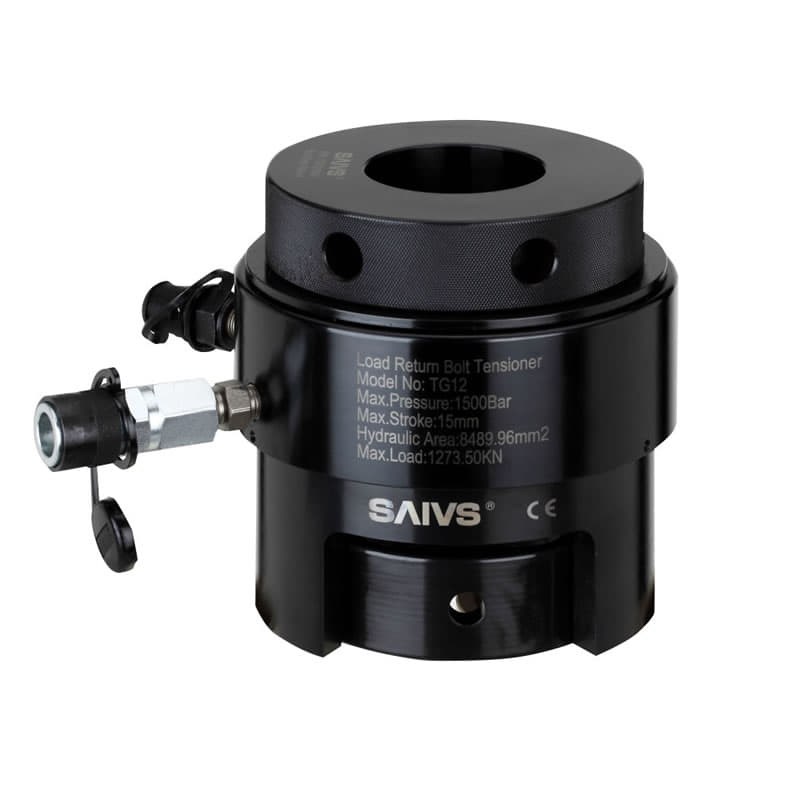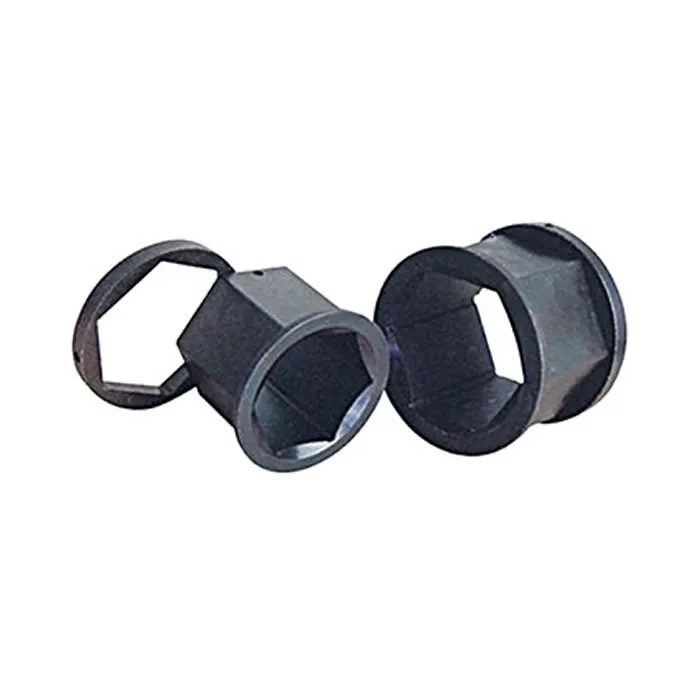Bolt Tightening Tools: The Unsung Heroes of Construction and Manufacturing
Screws are essential components in various applications, from construction and manufacturing to automotive and aerospace industries. They provide a secure and reliable way to fasten different parts together. However, proper installation and tightening of screws are crucial to ensure the integrity and safety of the assembly. This is where Bolt Tightening tools come into play.
Hydraulic Bolt Tensioners
hydraulic bolt tensioners are specialized tools designed to precisely tighten large bolts and studs to a predetermined tension. They operate using a Hydraulic System that generates immense force to stretch the bolt, creating the desired tension. This method ensures consistent and accurate tightening, preventing bolt failure and ensuring the structural integrity of the assembly.
Socket Cap Screws
Socket cap screws, also known as hex bolts, are a common type of screw with a hexagonal head that can be tightened using a wrench or socket. They are widely used in various applications due to their simple design, ease of installation, and strong holding power. Socket cap screws come in a variety of sizes, materials, and thread pitches to suit diverse applications.
low profile socket head cap screws
Low profile socket head cap screws are a variant of socket cap screws with a reduced head height. This design makes them suitable for applications where space is limited or where a flush appearance is desired. Low profile socket head cap screws offer the same strength and reliability as standard socket cap screws while maintaining a compact profile.
Applications of Bolt Tightening Tools
Bolt tightening tools are employed in a wide range of industries and applications, including:
Construction: Tightening bolts in bridges, buildings, and other structures
Manufacturing: Assembling machinery, vehicles, and other equipment
Automotive: Tightening engine components, suspension parts, and wheels
Aerospace: Securing critical components in aircraft and spacecraft
Oil and Gas: Fastening pipes, valves, and other components in oil and gas pipelines
Power Generation: Tightening bolts in turbines, generators, and other power plant equipment
Choosing the Right Bolt Tightening Tool
When selecting bolt tightening tools, it is essential to consider the specific application and the requirements of the bolts being tightened. Factors to consider include:
Bolt size and material: The tool should be capable of applying the required force to the specific size and grade of bolt.
Required tension: The tool should have the capacity to achieve the desired tension for the application.
Accuracy: The tool should provide precise and consistent tension measurement to ensure proper bolt tightening.
Ease of use: The tool should be easy to operate and maneuver in the workspace.
Safety Features: The tool should incorporate safety features to protect the user from potential hazards.
Conclusion
Bolt tightening tools play a vital role in ensuring the safety and reliability of various structures and equipment. By selecting the appropriate tools and following proper tightening procedures, engineers, technicians, and DIY enthusiasts can ensure that bolts are tightened to the correct specifications, preventing failures and maintaining the integrity of their work.
Why Choose SAIVS™ as Your Supplier?
With 20 years of industry experience, SAIVS is a leading Chinese manufacturer of high-quality tools, offering competitive pricing and excellent customer service.We pride ourselves on exceptional quality control, extensive experience, and comprehensive after-sales service.

